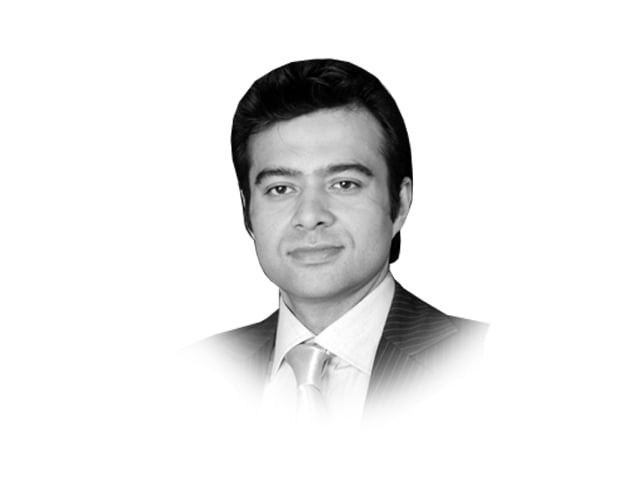WikiLeaks and structures of power
The foremost priority should be to acquire more strength in the production, finance and knowledge structures of power.

WikiLeaks and structures of power
The second is the structural power that resides in four different, yet interconnected, structures of production, finance, knowledge and security/military. This approach tries to expand the concept of power by bringing the other three structures at par with the traditional structure of the military. Structural power is defined as the power to shape and determine the global political economy within which other states, their political institutions, economic enterprises, scientists and other professionals have to operate.
In the changing global world economy, markets and financial institutions are playing an equal and, in some respect, a more dynamic role than states and their leaders. For instance, the Lloyds Bank of England is powerful enough to influence and control the international financial market for insurance. This structural power provides the strength to get things done. It is the power to shape frameworks, within which states relate to each other, relate to people or relate to corporate enterprises and determine the surrounding structure of the relationship.
First, take the security/military power structure. It deals with the security and defence of a community from external and internal threats. A state provides security to the lives of its citizens on the basis of her military strength. The security dilemma always arises from ‘conflict of authority’. When the authority of the state is being challenged, either internally or externally — and if the state accepts the challenge — war is inevitable.
The second is the financial structure of power. It aims to control credit, determines lending or borrowing to others, exerts influence over markets for production and exercises the power to ‘engage or manage the currency’. In this structure of power, the political economy creates credit, whereas the monetary system determines the values of different currencies. The success of any advanced economy depends upon its banks and their ability to create credit. Every materialistic society urges the power or system to create credit.
The third is the production structure of power. It explains by whom and for whom, and under what rules and conditions, production is carried out. The production structure is the foundation stone of any organised society because it generates wealth in the political economy.
And the last one is the knowledge structure of power. Knowledge is power. It is an effective source to establish political, religious and social hegemony. Medieval Christendom, as long as it held monopoly on moral and religious knowledge, successfully controlled the masses under its suzerainty. But when the Protestants, the Enlightenment and the Age of Reason challenged the knowledge structure of the Church, the power of the latter declined and it had to give way to the French Revolution of 1789.
For some, market forces and other multinational actors are playing more dynamic role than states. The balance of power has shifted from states to ‘markets’ and the concept of ‘modern nationality’ has declined. Citizens are no longer identified by territory. Using the military as a ‘coercive force’ to get things done is unlikely to happen as such a tactic is counterproductive. In the world of economic interdependence, the foremost priority should not be security, but how to acquire more and more strength in the production, finance and knowledge structures of power.
Published in The Express Tribune, December 15th, 2010.















COMMENTS
Comments are moderated and generally will be posted if they are on-topic and not abusive.
For more information, please see our Comments FAQ